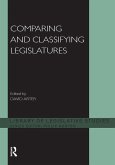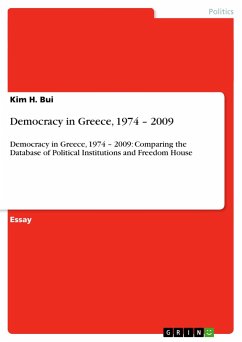Since the end of the Cold War many new countries have been created, and several new wars have broken out, resulting in new forms of politics and government for which Cold War paradigms are inadequate. Using extensive exhibits, this book provides a comparative framework for understanding governance in today's world. The author selects 100 countries as worthy of greater investigation, highlighting 50 of them as prone to ethnic-based problems and 33 as beset by violent domestic conflict, and provides a comparative political analysis of their governing structures. The 100 countries covered are spread equitably across five geographical zones-Europe, Islamic Zone, Africa, Asia, and the Western Hemisphere. Dividing the 100 selected states into polity types, the author studies five civilian polities encompassing 50 states and five military polities embracing another 50 states. The volume relates polity types to the ethnic and military challenges facing them and analyzes the phenomena of nationalism and militarism. In addition to numerous tables and other exhibits, the author uses Formats of Analysis for the orderly display of comparative data on states of particular polity types. This study provides the student of comparative politics with analytic and conceptual tools to understand governance in the post-Cold War world. The work is a worthy addition to the literature of comparative political analysis.
Hinweis: Dieser Artikel kann nur an eine deutsche Lieferadresse ausgeliefert werden.
Hinweis: Dieser Artikel kann nur an eine deutsche Lieferadresse ausgeliefert werden.








